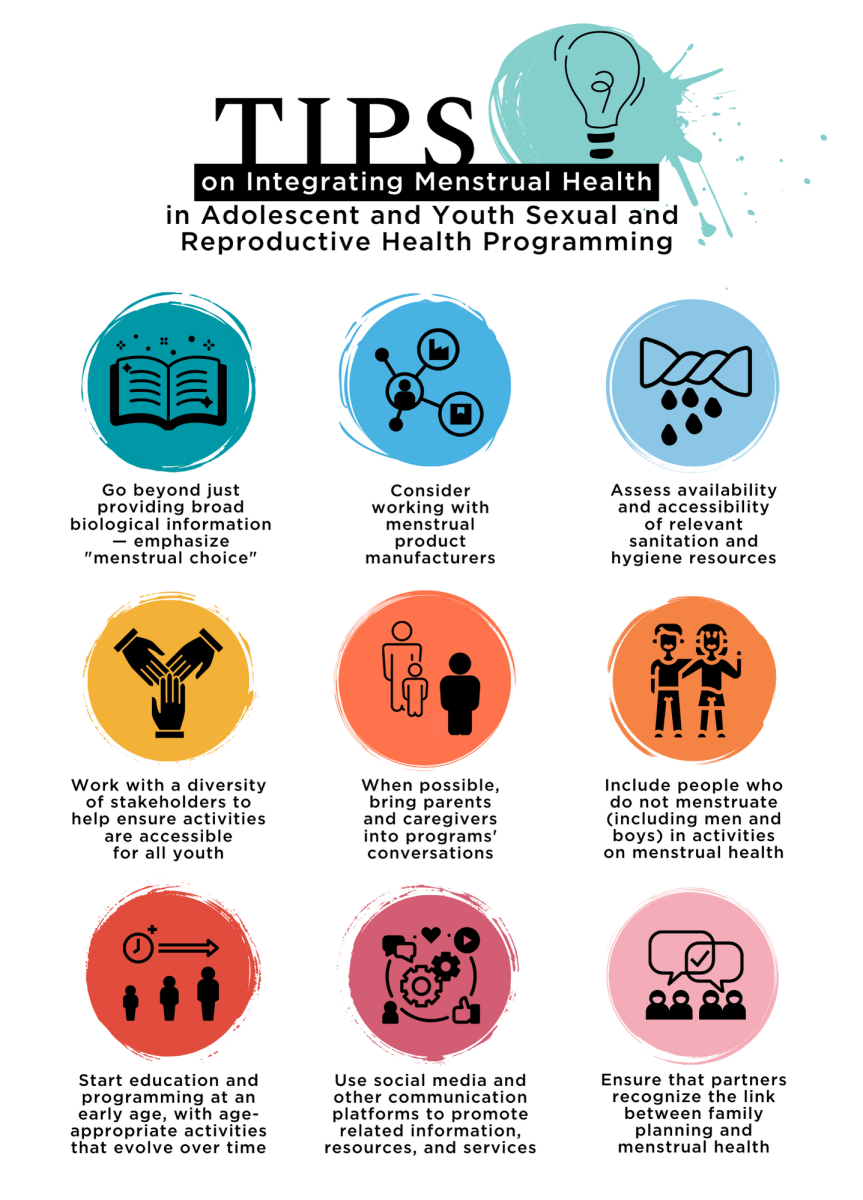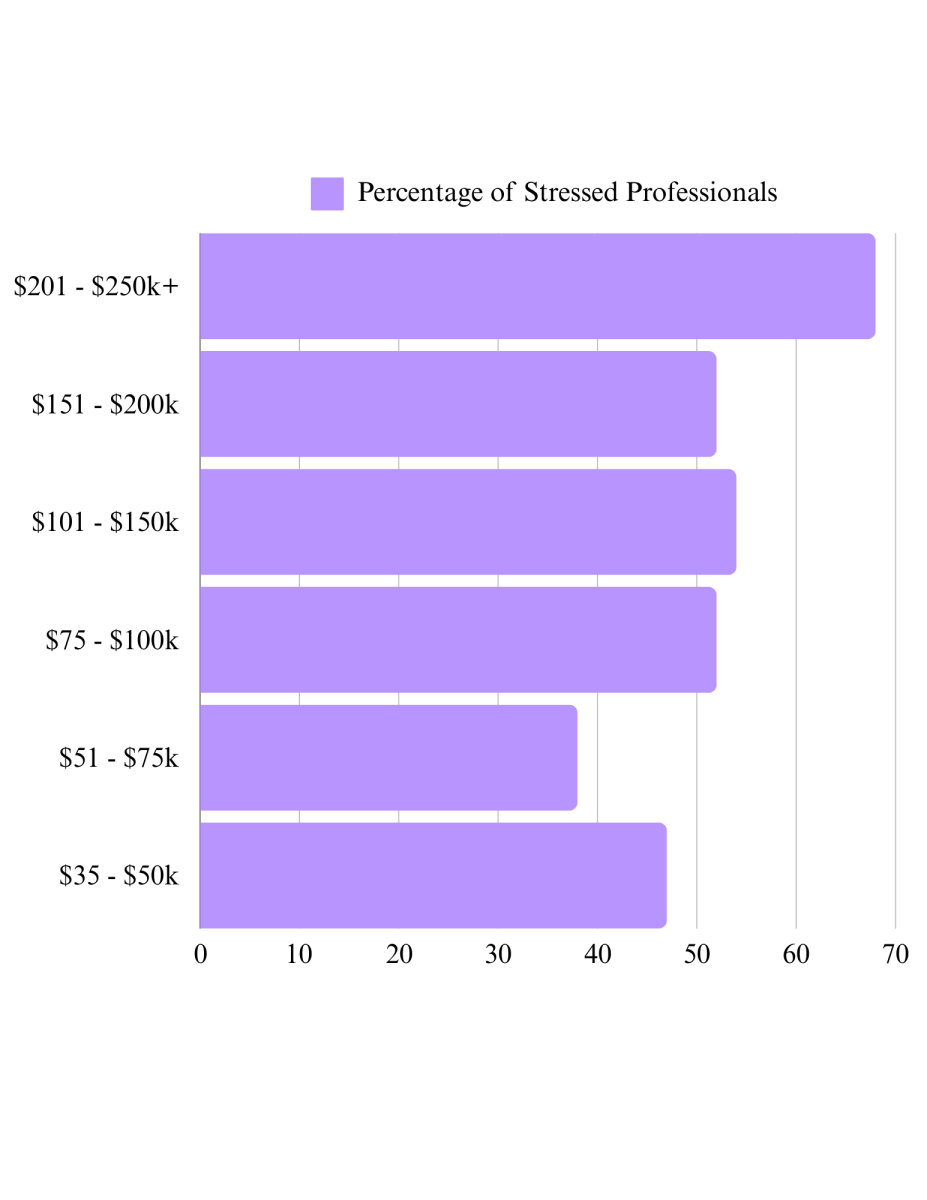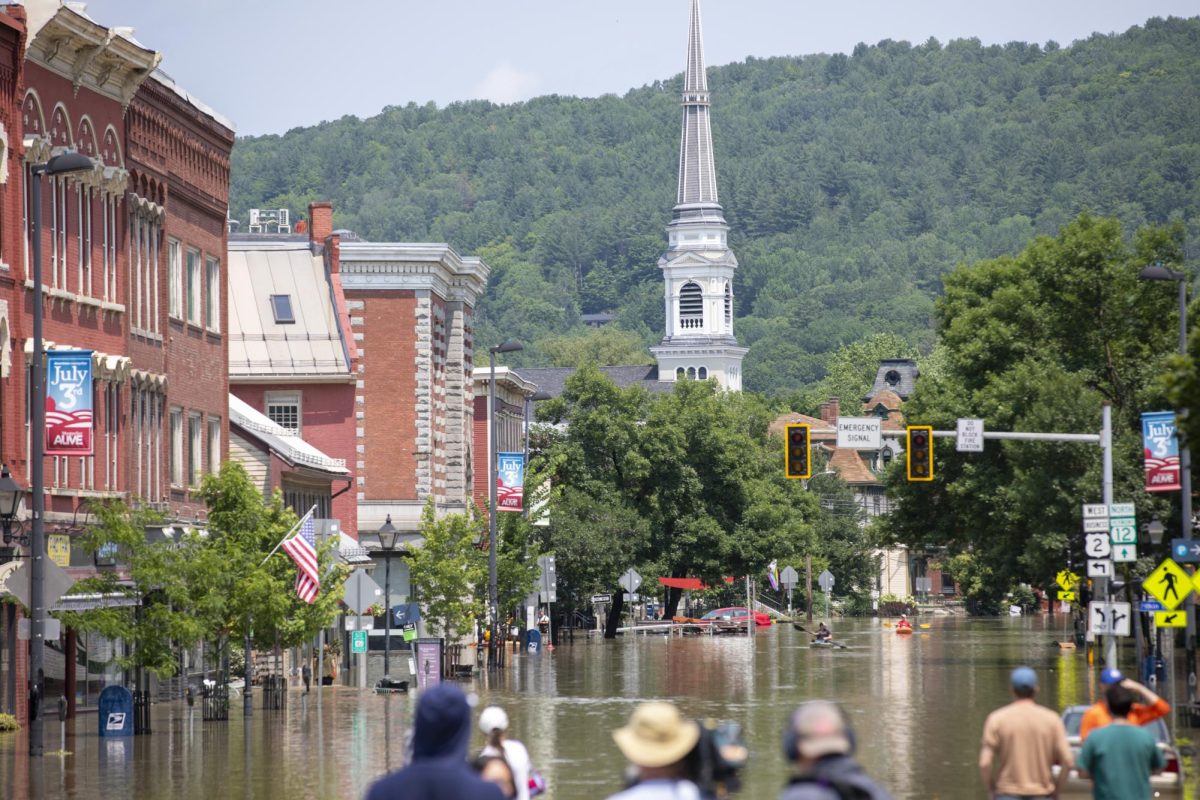What comes to mind when someone tells you that they’re on their period? Do you think the word “ew?” Maybe you even say it out loud. As a culture, we have been conditioned to consider periods ¨TMI,¨ but studies show that this generation is ready to change that. A good place to start with this re-writing of the narrative surrounding menstruation is within our schools, specifically in health classes.
“We don’t cover it,” Health teacher Laura Allyn said.
Allyn shared that students have chosen to research menstruation and periods for their final project in health class, but the health curriculum doesn’t cover these topics explicitly.
This issue isn’t unique to BHS. A 2022 audit of each state’s Department of Education concluded that only three U.S. states included discussions of menstrual products in their school health standards: California, Michigan and New Jersey. In addition, Utah, Oregon and Michigan include discussions of menstrual management.
79% of menstruating students felt that periods were not an openly discussed topic in their schools and wanted a more in-depth education around menstrual health, according to a 2021 survey by PERIOD, a non-profit organization focused on menstrual education and policy. 76% of students also reported that they learned more about the biology of frogs than the female body.
According to Leo Powell ‘26, menstruation has not been taught enough in health classes. “I think they’re taught more in middle schools and elementary schools, because that’s when the quote unquote ‘expected time’ to get a period is, but I feel like it still needs to be brought up in high school for people who get it later in life, and people who aren’t taught [it] at home so they know it’s a normal thing.”
Schools are a large part of a teenager’s life and provide the only health education that some teenagers will ever get. If periods are not spoken about in schools, many teenagers who menstruate will have to figure it out entirely on their own.
Due to constant stigmatization of menstruation, shame has increased. Around two-thirds of menstruating students reported feeling embarrassed and self-conscious about their periods, with 83% of them feeling the need to hide period products on their way to the bathroom.
One of the first steps to ending period-related shame lies with teachers.
“I was once admonished for going down to the office and leaving school because I was puking and having awful cramps,” Fiona Bock ‘28 said. “My male science teacher thought I was ditching school. I wouldn’t have felt comfortable telling him why I was leaving class early, because of the interrogative way he was interacting with me.”
This idea is echoed by a Glover Community School student who would prefer to remain anonymous. “I think a lot of teachers do [contribute to the stigmatization of periods]. Someone shouldn’t have to explain in vivid detail what’s going on and what they’re feeling just to go home if they’re on their period,” they said. “We as a society should get over the stigmas and taboos of periods. Just like going to the bathroom, it’s a bodily function.”
Menstruation education
From health classes omitting vital education to teachers inadvertently perpetuating shame, it’s time for schools to normalize periods.
February 14, 2024
Donate to BHS Register
$164
$500
Contributed
Our Goal
Your donation will support the student journalists of Burlington High School. Your contribution will allow us to purchase newsroom equipment and cover our annual website hosting costs.
About the Contributor
Sophia Dengler, Staff Writer









